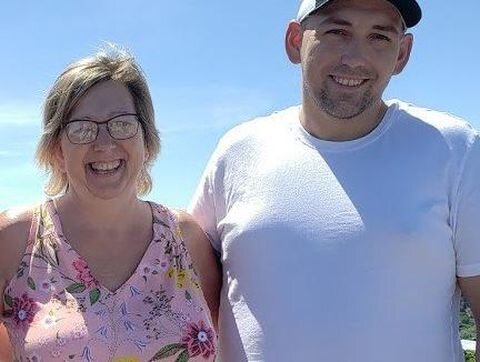Petition for Urgent Action on the Overdose Crisis
Time to send a message to the Federal Government
In the upcoming months, Moms Stop The Harm members and allies will intensify our work towards ending overdose deaths and injuries by urging the Government of Canada to take action and to do things differently.
Specifically, we will ask the Government of Canada to declare the overdose crisis a national public health emergency and:
Immediately collaborate with provinces and territories to develop a comprehensive, pan-Canadian overdose action plan.
Ensure that any plan considers reforms that other countries have used, such as legal regulation of drugs to ensure safe supply, decriminalization for personal use, and changes to flawed drug policy and policing.
Ensure this emergency is taken seriously with adequately funded programming and supports.
Especially during the COVID-19 pandemic, the overdose crisis is one of the most devastating public health emergencies our country has faced in a century. And it is time for the federal government to do more.
MSTH has developed a new tool to help our members and supporters to increase political pressure on the federal government to do more:
A paper Petition and Sample Letter to Your Member of Parliament (MP): Petitions are a good way to show we have support. Government representatives will not be able to help but notice when our petition is read in the House of Commons day after day. MPs will be forced, in a small way, to bear witness to the overdose crisis and hopefully respond with new and improved measures. We also hope the petition will nudge MPs to take informed positions on drug policy issues in the upcoming election.
While paper petitions may seem old school, they have more strengths than parliamentary online petitions. Online petitions can only be signed for a short period of time and are presented by one MP. Paper petitions can be presented by many MPs and signed until there is an election.
How you can help:
Step one: Download and print the Petition. Please get family, friends and allies to sign our petition. You’ll need a minimum of 25 signatures (Note: A couple of extra signatures always helps in case someone has not properly completed the petition).
Step two: Send the signed MSTH petition(s), along with a Covering Letter, to your MP, or another MP if you prefer. Copy, paste and customize the letter. You can get your MP’s contact information by calling 1-800-463-6868 or going to https://www.ourcommons.ca/en. Remember a) mail to MPs is postage free and b) MPs are there to help you with matters like this. It’s their job.
Step three: Call your MP in a couple of weeks if you haven’t heard anything and ask if she or he will be presenting your petition in the House of Commons. What is said in the House of Commons is documented in the Hansard Index, which will allow us to track the progress our our petitions. Please let us know if your MP is reluctant to do so, as we can help you find an MP who supports our cause. You can reach us at info [at] momsstoptheharm.com.
We have also added a video link below to help you with instructions and how to submit the paper petition.
MSTH greatly appreciates your help with the petitions in order to bring the overdose crisis closer to the forefront of the government’s agenda, where it belongs.
Lives depend on it!







































